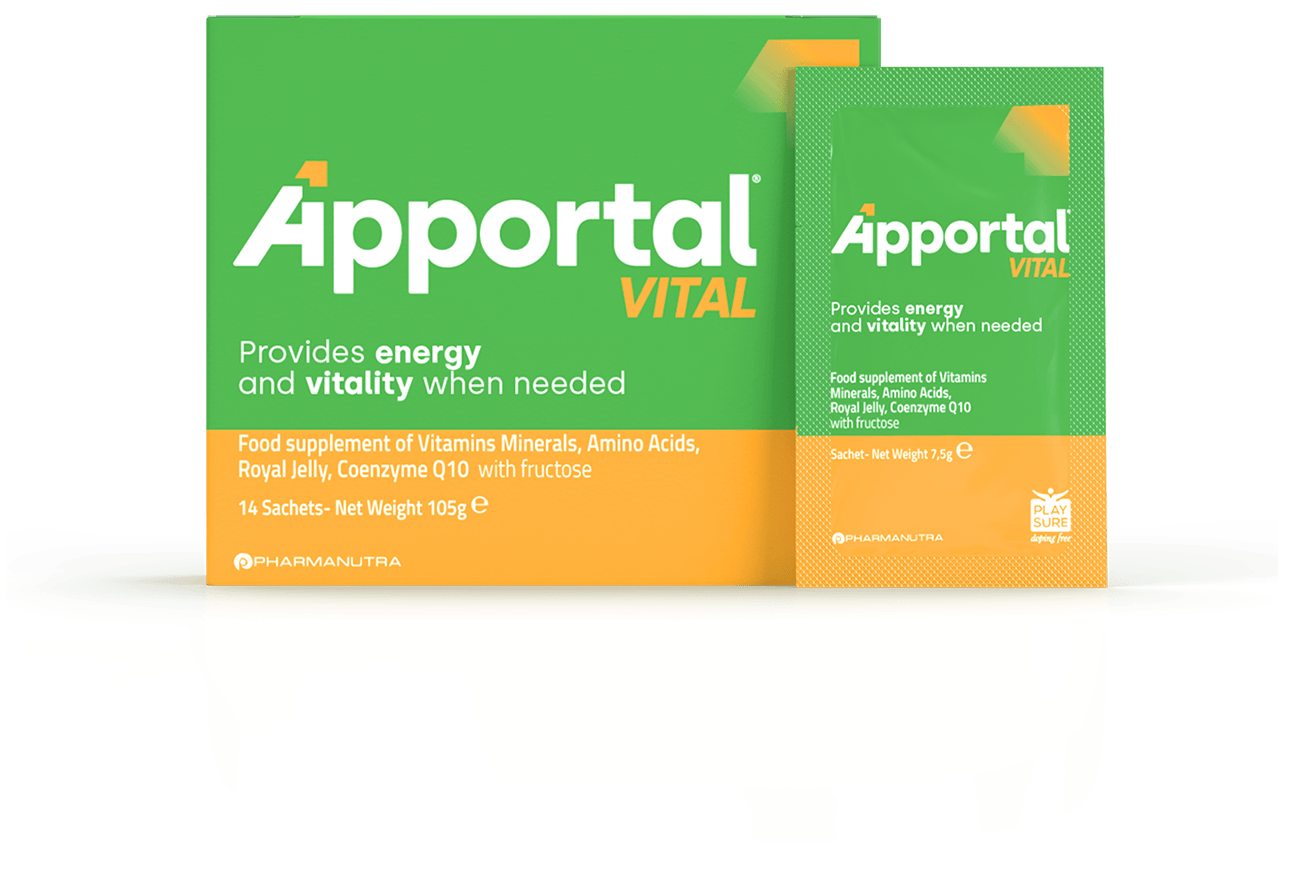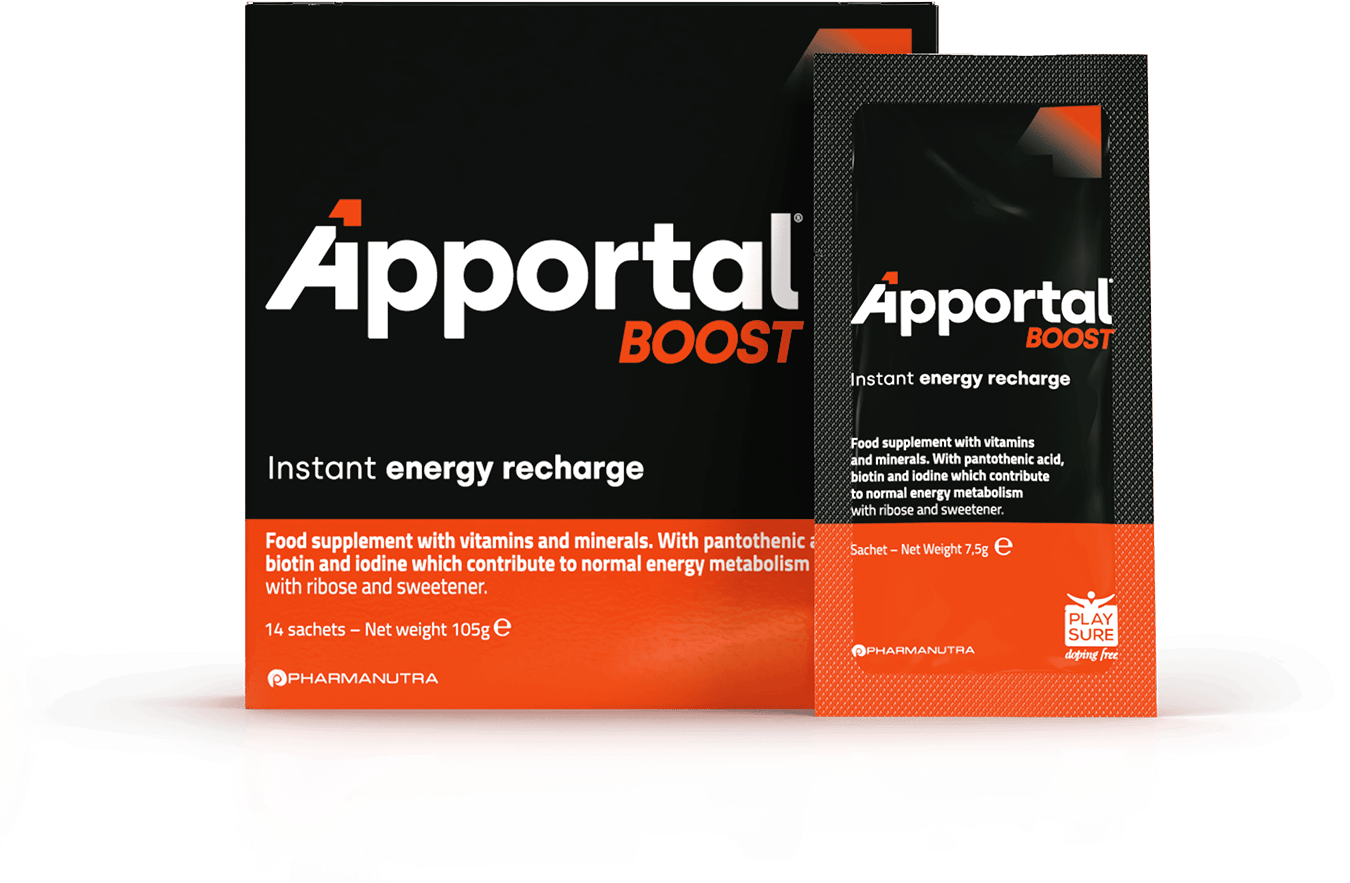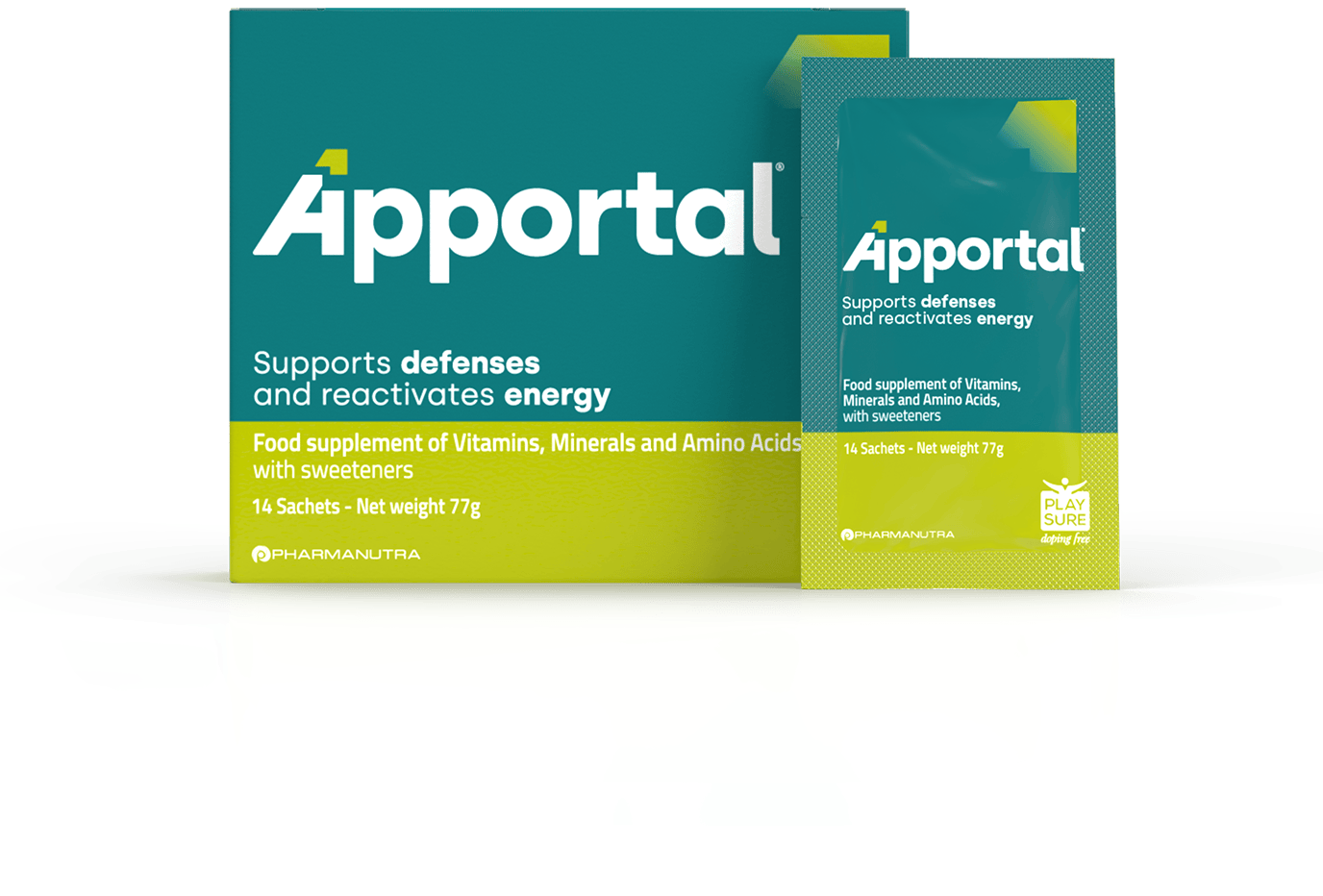Maths, history, chemistry, literature or geography… Whatever the subject, sometimes the brain just doesn’t seem to want to concentrate, and the mind wanders in search of distractions. So here’s a short guide for improving concentration when studying, whenever exams and homework have to be tackled!
Factors that help to concentrate when studying
A lack of concentration is caused by various factors: for example, particularly overloaded periods can cause emotional stress, and the same can be said for the change of seasons, poor motivation and too many distractions in the space where we study. Let’s start with some basic advice on how to improve concentration when studying:
- Create the right setting: whether the bedroom, the lounge or a specific room, the important thing is that it is a quiet space with no distractions, with a comfortable chair that helps maintain the correct posture, a large table with no clutter and good lighting.
- Plan your study sessions: sitting at the desk and opening a book can be counter-productive. It is better to plan study sessions and concentrate on one subject at a time.
- Plan your breaks: the best thing is to have a 5-minute break every half an hour of study, but everyone should plan a schedule that suits them best. Breaks are in any case essential, otherwise we may not be able to memorise what we are studying.
- The blank sheet trick: keep a blank sheet of paper (or a notebook) to hand to note down everything that comes to mind while studying, in order to keep the concentration going.
- Sleep at least 8-10 hours a night: children and adolescents until the age of 18 should never sleep less than 8 hours a night. Sleep affects quality of life, concentration levels and performance in the chosen sporting activity.
- Avoid a sedentary lifestyle: do sport and spend time on your hobbies, as this helps to set targets and reach them, in addition to guaranteeing a better quality of life generally.
- Eat healthily: the quality and quantity of food also affects concentration. Avoid high-calorie, elaborate meals and always have an abundant, energy-packed breakfast with yoghurt and cereals, fruit or whole wheat bread and jam.
Vitamins and minerals that help concentration levels
As already explained, a healthy, balanced diet has positive effects on many aspects of life. Vitamins and minerals have positive effects on many aspects of our health, including concentration, memory and learning speed.
Let’s see which foods are recommended for children who have to study every day:
- Avocado: is an exotic fruit containing mono-unsaturated fats that improve cognitive efficiency.
- Broccoli: a vegetable that children don’t like much but it is worth investigating a few recipes in order to introduce broccoli into the diet because, packed with group B vitamins, it offers many benefits, including cognitive efficiency.
- Whole wheat cereals: in addition to being a key energy source for vital functions, whole wheat cereals help cognitive functions as they release glucose into the blood more slowly.
- Dark chocolate: although children usually prefer milk chocolate, it’s worth knowing that dark chocolate is rich in flavonoids, a micro-nutrient that helps memory function.
- Honey: eating preferably natural honey offers a range of benefits for human health. Various studies have shown that it can stimulate the memory and concentration, and also seems able to relieve anxiety and stress.
- Blueberries: rich in fibres, antioxidants and vitamin C, blueberries can be eaten regularly as they improve concentration and short-term memory.
- Walnuts: walnuts are rich in fatty acids, vitamins and minerals and, in particular, vitamin E, which helps fight the effects of free radicals.
- Extra-virgin olive oil: better used raw as a condiment, it has all-round beneficial effects, but of course without overdoing it. Extra-virgin olive oil is rich in polyphenols, which improve learning and memory and combat mental fatigue.
- Fish: eat fish regularly, particularly salmon, which stimulates the neurons and the memory, thanks to its abundance of Omega-3.
- Tomatoes: tomatoes are rich in lycopene, a nutrient that helps short- and medium-term memory. It also has anti-inflammatory effects, helping to fight the action of free radicals.
- Pumpkin seeds: better eaten unsalted, added to soups and salads, pumpkin seeds are a real help for the body, particularly for improving cognitive functions thanks to their abundance of zinc.
- Eggs: eggs should always be part of a healthy, balanced Mediterranean diet, and should be eaten by children and adolescents who study constantly, as they help to preserve cognitive functions and psychological well-being.
- Leaf vegetables: vegetables like lettuce, cabbage, chicory, radicchio, chard, spinach and rocket are good for the body generally, as well as for the health of the cognitive system as they are very rich in vitamins A, C, K and iron.
Supplements for improving memory and concentration
Studying takes a lot of time and energy: so it is not unusual to feel stress and mental fatigue even with a healthy diet and life style. In these cases, we can turn to nutritional supplements with formulations suitable also for children and adolescents.
ApportAL® Vital contains vitamins and minerals that help the whole body to recover form and vitality in every debilitating situation, including those involving the nervous system. With Royal jelly, it also helps to strengthen cognitive functions and concentration, at the same time enhancing the immune system.







